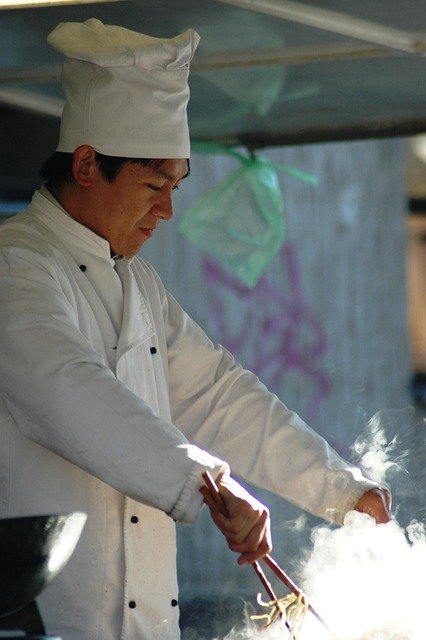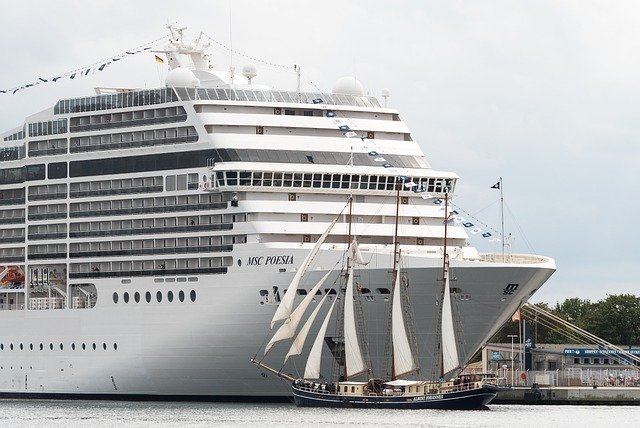Exploring Restaurant and Catering Roles in the UK Hospitality Sector
The UK hospitality sector offers a wide range of restaurant and catering roles suited to diverse skill levels. This article provides insight into typical positions, evolving job trends, and how to showcase relevant experience for better employment outcomes.

What are the restaurant staffing patterns in UK cities?
Restaurant staffing patterns in UK cities reflect the diverse and evolving nature of the hospitality industry. In major metropolitan areas like London, Birmingham, and Manchester, restaurants often operate with larger teams to handle high customer volumes and extended hours. These establishments typically employ a mix of full-time and part-time staff, including chefs, sous chefs, line cooks, servers, bartenders, and hosts.
Smaller cities and towns may see more compact staffing structures, with employees often taking on multiple roles. For instance, a server might also assist with food preparation or bartending duties. Seasonal fluctuations also impact staffing patterns, particularly in tourist-heavy areas where restaurants may increase their workforce during peak periods.
How do catering schedules and work environments differ?
Catering schedules and work environments can vary significantly from traditional restaurant settings. Catering jobs often involve more irregular hours, with intense periods of work followed by quieter spells. Events may occur on weekends, evenings, or holidays, requiring flexibility from staff.
The work environment in catering is highly dynamic, with teams often working in various locations rather than a fixed restaurant space. This can range from corporate offices and private homes to outdoor venues and large event spaces. Catering professionals must be adaptable, able to set up and break down equipment quickly, and work efficiently in unfamiliar settings.
What skills are relevant to today’s UK hospitality roles?
In today’s rapidly evolving hospitality landscape, a diverse skill set is crucial for success. Technical skills specific to food preparation and service remain fundamental, but soft skills have become increasingly important. These include:
-
Customer service excellence: The ability to provide exceptional, personalized experiences for guests.
-
Adaptability: Flexibility to handle changing schedules, environments, and customer needs.
-
Teamwork: Strong collaboration skills to work effectively in fast-paced, high-pressure situations.
-
Time management: Efficient prioritization of tasks to ensure smooth service delivery.
-
Cultural awareness: Understanding and respecting diverse cultural backgrounds and dietary requirements.
-
Digital literacy: Familiarity with point-of-sale systems, online booking platforms, and social media for marketing.
-
Problem-solving: Quick thinking to address unexpected issues and maintain customer satisfaction.
Developing these skills can significantly enhance career prospects in the UK hospitality sector.
What entry-level opportunities exist in catering?
The catering industry offers numerous entry-level positions for those looking to start their careers in hospitality. Some common roles include:
-
Catering assistant: Helps with food preparation, setting up event spaces, and serving guests.
-
Kitchen porter: Responsible for maintaining kitchen cleanliness and assisting with basic food prep tasks.
-
Waiter/waitress: Serves food and beverages at events, ensuring guest satisfaction.
-
Barista/bartender: Prepares and serves beverages, often specializing in coffee or cocktails for events.
-
Events coordinator assistant: Supports the planning and execution of catered events.
These positions provide valuable experience and often serve as stepping stones to more advanced roles in the industry. Many catering companies offer on-the-job training, making it an accessible entry point for those new to hospitality.
How do roles differ across restaurant settings?
Restaurant roles can vary significantly depending on the type of establishment. Here’s a breakdown of typical positions across different restaurant settings:
-
Fine Dining Restaurants:
-
Executive Chef
-
Sous Chef
-
Sommelier
-
Maître d’
-
Senior Waiter/Waitress
-
-
Casual Dining Chains:
-
Restaurant Manager
-
Shift Supervisor
-
Line Cook
-
Server
-
Host/Hostess
-
-
Fast Food Outlets:
-
Store Manager
-
Team Leader
-
Cashier
-
Food Preparation Worker
-
Drive-thru Operator
-
-
Gastropubs:
-
Head Chef
-
Bar Manager
-
Kitchen Assistant
-
Bartender
-
Waiter/Waitress
-
-
Cafes and Coffee Shops:
-
Cafe Manager
-
Barista
-
Pastry Chef
-
Counter Staff
-
Kitchen Helper
-
Each setting requires a unique blend of skills and often offers different career progression paths. For instance, fine dining establishments may place a greater emphasis on formal service techniques and wine knowledge, while fast food outlets prioritize speed and efficiency.
The UK hospitality sector continues to offer a wide array of opportunities for those interested in restaurant and catering roles. From entry-level positions to management roles, the industry provides diverse career paths suited to various skills and interests. By understanding the current trends, required skills, and different work environments, individuals can better position themselves for success in this dynamic and rewarding field.




